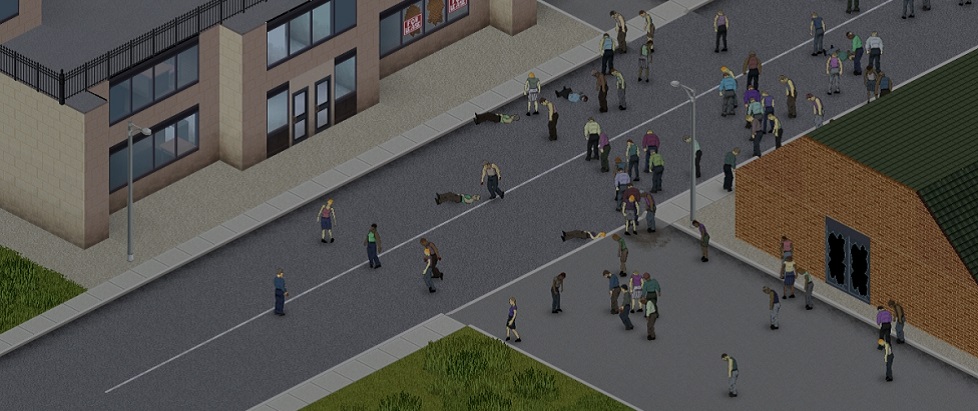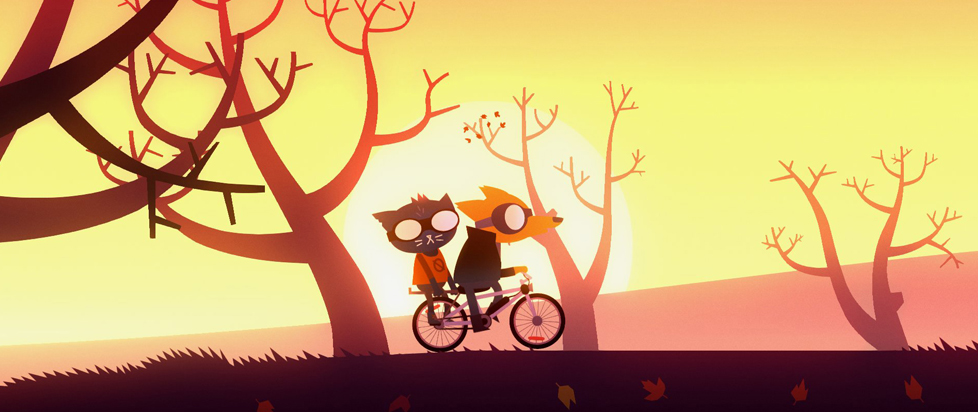
Representing Disabilities: An Evolution in Gaming
This is an excerpt of a feature from Unwinnable Monthly #112. If you like what you see, grab the magazine for less than ten dollars, or subscribe and get all future magazines for half price.

There is value in stories that emphasize the struggles people with disabilities can have in day-to-day life. Focusing on the issues they might uniquely have to struggle with allows people without those disabilities to empathize and better understand their lives. Certainly, both real people and fictional have had disabilities that devastated their hopes, dreams and quality of life. However, disabled people should not be de facto tragic characters either. People with disabilities are still people and most live full and fulfilling lives.
Representation, across the board, has improved dramatically over the years; increasingly, the casual (and accurate) inclusion of characters with disabilities is something we see in our media, including videogames. It is this casual representation that I think is especially worth talking about because I also think it is rarer than it should be.
In my eyes, casual representation in videogames is when a character is included in a given game who has a disability (or whatever is being represented) but it is not the focus of the story/game. This is not to say they don’t occasionally struggle. For example, Huey of the Metal Gear series still sometimes faces struggles (both environmental and through the abuse of others) due to his inability to walk unaided. However, Huey’s character is more defined by his flaws as a person and his genius, rather than his inability to walk without help. In less story-heavy games, like Ludeon Studios’ RimWorld, casual representation might be used to refer to the fact that a character with a lost limb is in no way made the focus of the game. They are a pawn like any other, albeit one who finds some tasks more difficult (or impossible) compared to other pawns.
Less story-focused games represent an interesting opportunity in this space. In the aforementioned RimWorld, the pawns, by the game’s design, are not a narrative focus. The game is a (quite good) survival management sim with little to no emphasis on story and many randomly generated elements, including the pawns. This type of design, in combination with PCs and NPCs with disabilities, offers developers an excellent chance to represent characters with disabilities accurately (or at least as accurate as is viable in the mechanics of a given game) but also allows those disabilities to simply be one small part of the whole that is a character. A pawn with an injured leg might walk too slowly to safely hunt or seek out enemies, but he can still research technologies or cook or engineer.
———
Quin Callahan is a freelance writer and tutor of college-level English and economics. He has written for a variety of gaming, technology and economics publications. His favorite animal might be the squid but he is rarely certain.
You’ve been reading an excerpt from Unwinnable Monthly Issue 112.
To read the article in its entirety, please purchase the issue from the shop or sign up for a subscription to Unwinnable Monthly!




